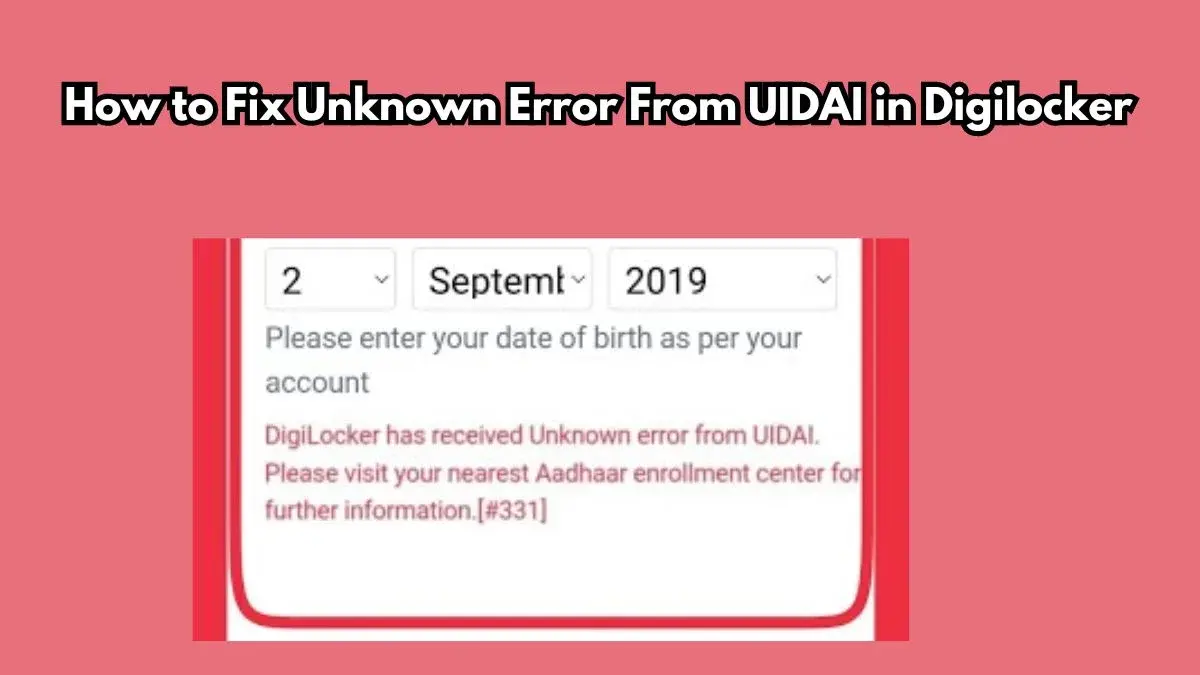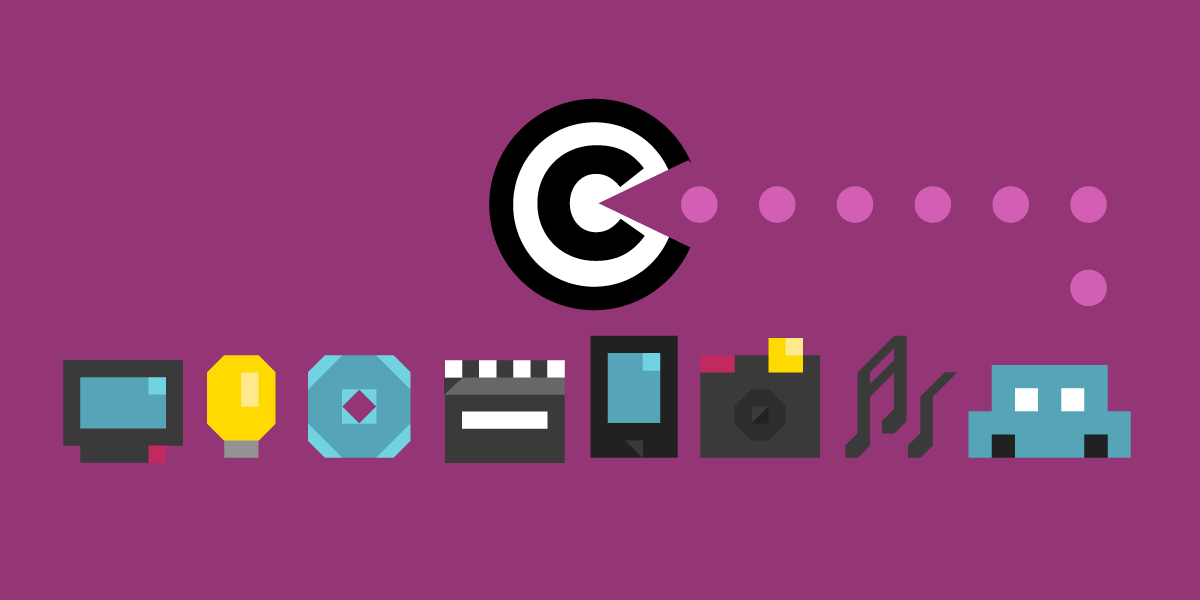Get a quick walkthrough of some of v1.1’s helpful shortcuts that make browsing Tapestry’s timeline even easier.
Download the free update on the App Store today - https://apps.apple.com/app/tapestry-by-iconfactory/id6448078074
Get a quick walkthrough of some of v1.1’s helpful shortcuts that make browsing Tapestry’s timeline even easier.
Download the free update on the App Store today - https://apps.apple.com/app/tapestry-by-iconfactory/id6448078074
The rise of #fascism and the #openweb response hamishcampbell.com/the-rise-of-... The seeds of this change and challenge are already in our hands. The question is whether we have the courage to plant them.
The rise of #fascism and the #...
The rise of #fascism and the #openweb response https://hamishcampbell.com/the-rise-of-neofascism-and-the-need-for-a-openweb-response/ The seeds of this change and challenge are already in our hands. The question is whether we have the courage to plant them.
The last 20 years of alt-tech is a graveyard of well-meaning platforms that failed because they forgot one thing, the humans. Rebooting the #openweb in a good way https://hamishcampbell.com/rebooting-the-openweb-in-a-good-way/
The last 20 years of alt-tech is a graveyard of well-meaning platforms that failed because they forgot one thing, the humans. Rebooting the #openweb in a good way hamishcampbell.com/rebooting-th...
Rebooting the #openweb in a go...
The #openweb can be the seedbed of a new culture, if we accept that growth is messy, slow, and unpredictable. Why are our #fashernistas so poisonous? https://hamishcampbell.com/why-are-fashernistas-so-poisoning/
Criticizing the #dotcons and pointing to #FOSS copies as a solution is a simple first step. Why grassroots hosting and the #openweb matter https://hamishcampbell.com/why-grassroots-hosting-and-the-openweb-matter/
Returning to Really Simple Syndication brought peace to my day - Boing Boing
 Tapestry 1.1 brings a host of great new features: Follow individual accounts & lists on Bluesky & Mastodon, automatically remove duplicates from the timeline with Crosstalk, and quickly switch your timelines with Tapestry’s redesigned navigation.
Tapestry 1.1 brings a host of great new features: Follow individual accounts & lists on Bluesky & Mastodon, automatically remove duplicates from the timeline with Crosstalk, and quickly switch your timelines with Tapestry’s redesigned navigation.
Learn more about these features plus dozens of other improvements in today's FREE update of Tapestry - Your personal timeline app.
https://blog.iconfactory.com/2025/04/tapestry-whats-new-no-deja-vu/

"In March 2024, website owner Morgan McBride was posing for photos in her half-renovated kitchen for a Google ad celebrating the ways the search giant had helped her family’s business grow.
But by the time the ad ran about a month later, traffic from Google had fallen more than 70%, McBride said. Charleston Crafted, which features guides on do-it-yourself home improvement projects, had weathered algorithm changes and updates in the past; this time, it didn’t recover. McBride suspected people were getting more of their renovation advice from the artificial intelligence answers at the top of Google search.
The now-ubiquitous AI-generated answers — and the way Google has changed its search algorithm to support them — have caused traffic to independent websites to plummet, according to Bloomberg interviews with 25 publishers and people who work with them. That’s disrupting a delicate symbiotic relationship that’s existed for years: if businesses create good content, Google sends them traffic.
Many of the publishers said they have to either shut down or reinvent their distribution strategy, a cycle experts say could eventually degrade the quality of information Google can access for its search results — and to feed its AI answers, which have still at times contained inaccuracies that have made them a poor substitute for publishers’ content. For home-renovation questions, Google’s AI may give advice that’s unsafe or simply inaccurate, such as recommending specific products that don’t exist, McBride said."
Smart lighting, meet elegance.
The Lepro O1 AI Smart Floor Lamp delivers on RGB vibes, voice control, and modern minimalism. If you’re into automation and ambiance, this one’s for you. Full review with the real scoop on performance, pros, and caveats:
https://www.cryovex.com/lepro-o1-ai-smart-floor-lamp-review-2025/
#SmartHome #TechReview #HomeAutomation #Lepro #OpenWeb
Change is happening. The centre isn’t holding, the choice is left or right. The #openweb is the radical, collective path in this choice. Marking the difference between the #openweb and #closedweb hamishcampbell.com/clearly-mark...
Marking the difference between...
Change is happening. The centre isn’t holding, the choice is left or right. The #openweb is the radical, collective path in this choice. Marking the difference between the #openweb and #closedweb https://hamishcampbell.com/clearly-marking-the-difference-between-the-openweb-and-the-closedweb/
People, community, the struggle between #openweb and #dotcons https://hamishcampbell.com/people-community-the-long-struggle-between-the-openweb-and-dotcons/ The solution is not ideological purity, it’s pragmatic diversity. If we want to break the cycle, we need to stop repeating the same mistakes, stop blocking each other, link and start building with what we have #KISS
Indieweb Social states its "a home for those who build, study, promote - or are just fascinated by - #openweb, #indieweb, #federated & #humanetech practices & tech"
I'll add to that. It's also a place for 80s style nerds like @tchambers
#PledgeDrive 13/ to sit in the back of the class and giggle until you stare at them
Donate: patreon.com/c/indiewebsocial
#PledgeDrive 13/
Facing Aadhaar Error Code 331 on DigiLocker? This “Unknown error from UIDAI” can be confusing—but don’t worry, we’ve broken it down and provided step-by-step fixes in our latest blog post.
Read the full guide here:
https://www.izoate.com/blog/aadhaar-error-code-331-digilocker-has-received-unknown-error-from-uidai/

I am currently using #FedoraXFCE spin along with @Vivaldi and its a match made in heaven.
"More than a decade ago, Congress tried to pass SOPA and PIPA—two sweeping bills that would have allowed the government and copyright holders to quickly shut down entire websites based on allegations of piracy. The backlash was immediate and massive. Internet users, free speech advocates, and tech companies flooded lawmakers with protests, culminating in an “Internet Blackout” on January 18, 2012. Turns out, Americans don’t like government-run internet blacklists. The bills were ultimately shelved.
Thirteen years later, as institutional memory fades and appetite for opposition wanes, members of Congress in both parties are ready to try this again.
The Foreign Anti-Digital Piracy Act (FADPA), along with at least one other bill still in draft form, would revive this reckless strategy. These new proposals would let rights holders get federal court orders forcing ISPs and DNS providers to block entire websites based on accusations of infringing copyright. Lawmakers claim they’re targeting “pirate” sites—but what they’re really doing is building an internet kill switch.
These bills are an unequivocal and serious threat to a free and open internet. EFF and our supporters are going to fight back against them."
https://www.eff.org/deeplinks/2025/04/congress-reviving-site-blocking-and-its-just-dangerous-ever

The #4opens vs. liberal tokenism in #openweb tech hamishcampbell.com/the-4opens-v... This should not be about reinventing the wheel. We really don’t need another set of guidelines that sound good but change nothing.
The #4opens vs. liberal tokeni...